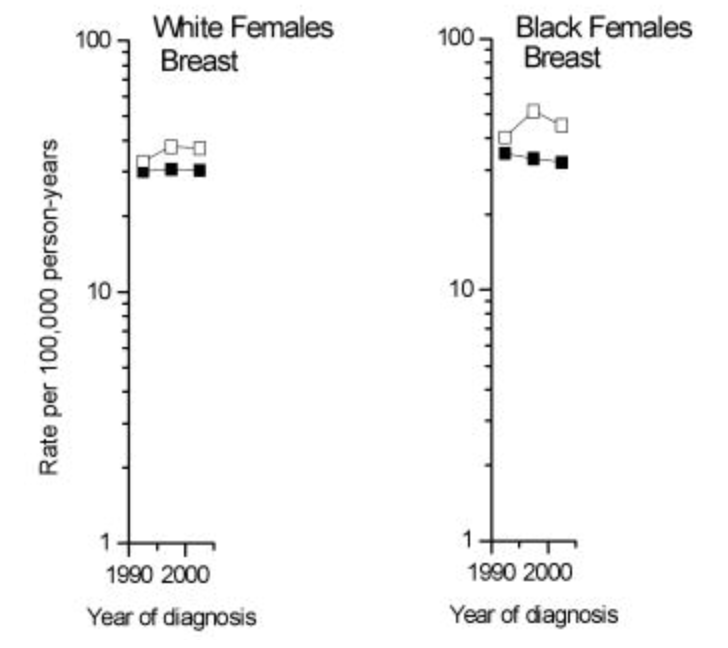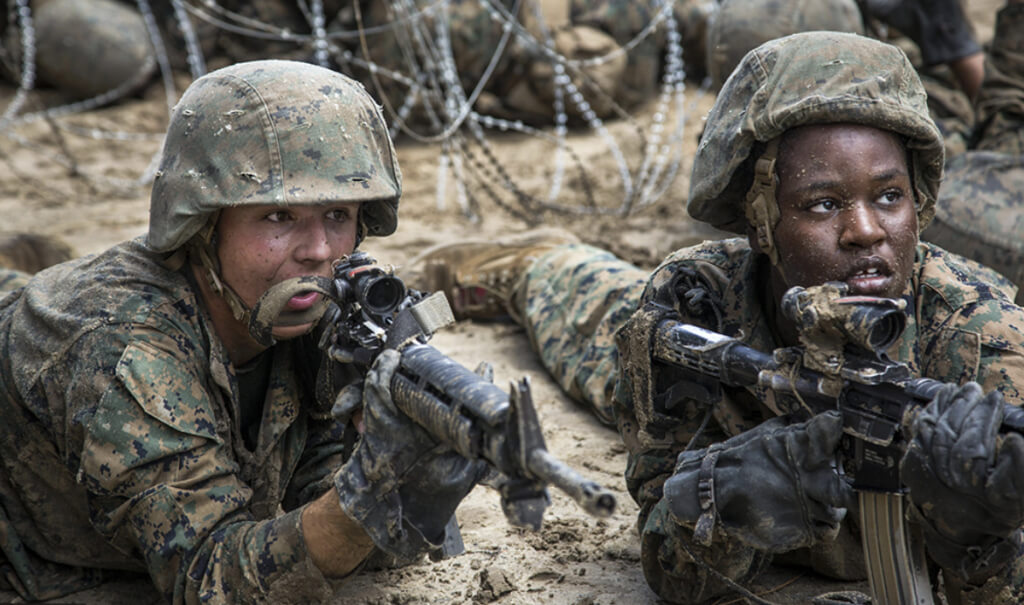We must remember the heavy burden carried by the men and women who have died, served and are serving in the US Armed Forces. Because of their commitment and bravery we can safely sleep in our beds at night. However, there’s an additional burden that is carried by the women who serve in the Armed Forces: A higher incidence of breast cancer than the rest of the population.
Breast Cancer Incidence in the Armed Forces
According to the CDC, the incidence of breast cancer in black and white women is fairly similar. However, in the military women are at a disproportionately higher risk of developing breast cancer. White women have about a 19% higher risk of breast cancer than their non-military counterparts. Black women have a 37% higher risk. If you take 100,000 women, there’s a difference of between 30.6 and 36.4 cases of breast cancer in white women and 33.4 and 45.8 in black women.

Causes of Higher Incidence
The exact reason for this difference is not clearly known. Some postulate that increased screening may play a role, but there are other potential reasons.

Women’s jobs in the military may put them at an increased risk of exposure to chemicals such as Volatile Organic Compounds. High levels of stress may affect their immune system. Shift work and alterations in sleeping patterns may be detrimental. There is evidence that use of birth control pills is slightly higher among military women. A large study from Denmark showed a very small additional risk of breast cancer among women using contraceptives. However, this small difference could not account for the elevated incidence among women in the military. Some have postulated exposure to dangerous chemicals in contaminated military bases. However, there is no direct evidence to support this. Finally, alcohol ingestion that we know increases the risk of breast cancer may play a role as well.
A Salute to our Men and Women in the Military
The current pandemic has limited our ability to publicly recognize our men and women who serve in the US Armed Forces. Despite these difficulties, I wanted to salute those who keep us safe at night and thank them for their service. Recognizing the higher rate of breast cancer among women in the military may help them be more vigilant with screening and medical check ups. Early detection is still our most effective tool in combating this disease.